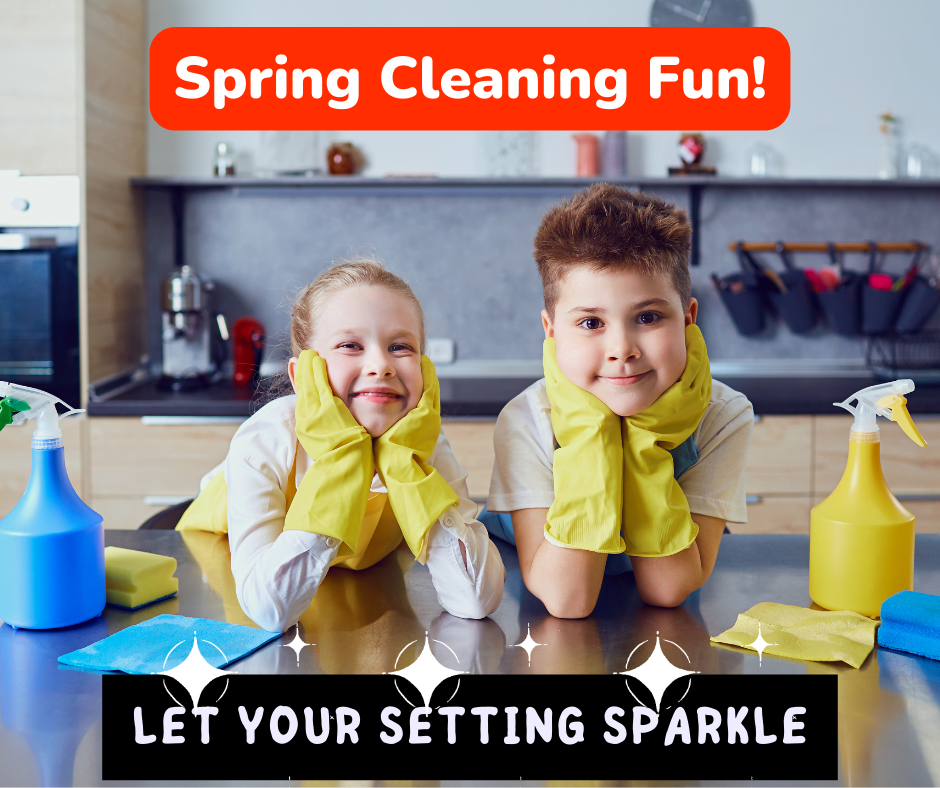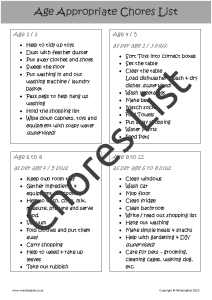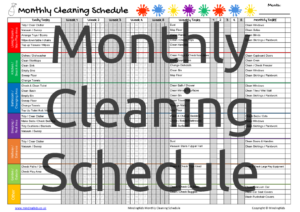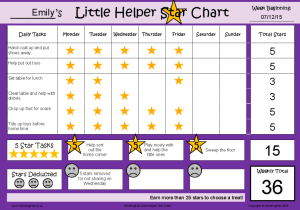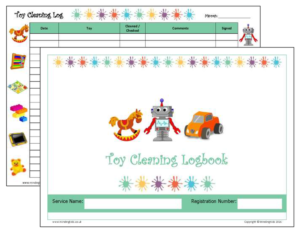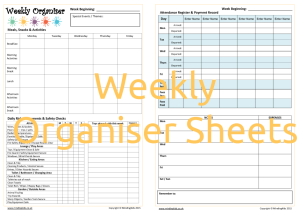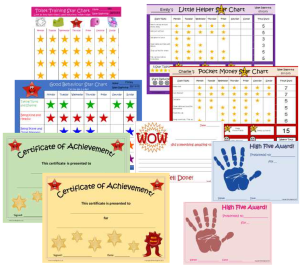Spring has sprung! As the days get longer and the weather (hopefully!) improves, it’s the perfect time to fling open the windows and embark on a spot of spring cleaning. But don’t despair, this doesn’t have to be a solitary chore!
Involving children in keeping their environment clean isn’t just about tidying toys and wiping surfaces. It’s about nurturing a sense of responsibility, teaching valuable life skills, and boosting their learning and development in surprising ways.
Here’s how you can get your little helpers on board, no matter their age:
Toddlers (1-3 years): Tiny tots love to mimic grown-ups! Let them toddle around with a safe, child-sized broom or cloth, supervising them gently as they copy your cleaning actions. This sense of imitation and contribution is fantastic for building confidence.
Preschoolers (3-5 years): Sorting! Preschoolers love sorting things. Assign them the fun task of sorting clean toys into boxes or shelves. You can even create a sorting game, categorising by colour, shape, or type of toy. This is a fantastic way to develop their critical thinking and organisational skills.
School Age (6-12 years): As children get older, they can take on more complex tasks. Delegate age-appropriate cleaning jobs like wiping tables, dusting shelves, or vacuuming under furniture (with supervision of course!). This is a great opportunity to teach them about responsibility, routine, and the importance of maintaining a clean and healthy environment.
Teens (13+): Teens can be a huge help! Involve them in planning and tackling bigger jobs like cleaning windows, mopping floors, or organising toy cupboards. This not only lightens your load but also fosters important life skills like teamwork, problem-solving, and initiative.
Learning Through Cleaning
The educational benefits of helping with chores are not to be underestimated! Those seemingly mundane tasks can promote children’s learning in so many ways:
- Maths: Sorting toys by colour or size helps to introduce basic maths concepts.
- Language Skills: Chatting with children as they clean reinforces vocabulary and communication skills.
- Fine and Gross Motor Skills: Wiping surfaces, sorting toys, and vacuuming all help develop both small and large muscle movements.
- Social Skills: Working together on cleaning tasks encourages teamwork and cooperation.
- Responsibility: Completing tasks fosters a sense of accomplishment and builds self-esteem.
Consider using a customisable cleaning chart to assign age-appropriate tasks and track their progress.
Acknowledging and Rewarding Efforts
Remember, a little praise goes a long way! After a cleaning session, acknowledge the children’s efforts with a “well done”, a high five or a cool sticker chart.
Spring Cleaning Resources to Make Life Easier
To make your spring cleaning a breeze, we’ve put together some handy downloadable resources that will save you time and keep your setting sparkling:
Monthly Cleaning Schedule
This customisable schedule keeps you organised and ensures no cleaning task gets missed.
Toy Cleaning Logbook
Keeping track of sanitised toys is essential, and this logbook helps you maintain good hygiene practices.
Weekly Organiser Sheets
This organiser keeps all your childminding info in one place, freeing up mental space for more important things – like planning fun spring activities!
Certificates & Rewards Pack
Children respond well to encouragement and praise. Reward them for their efforts to help keep things clean and tidy!
So, put on some music, grab your cleaning supplies, and get ready to make spring cleaning a fun and rewarding experience for everyone in your childcare setting!


